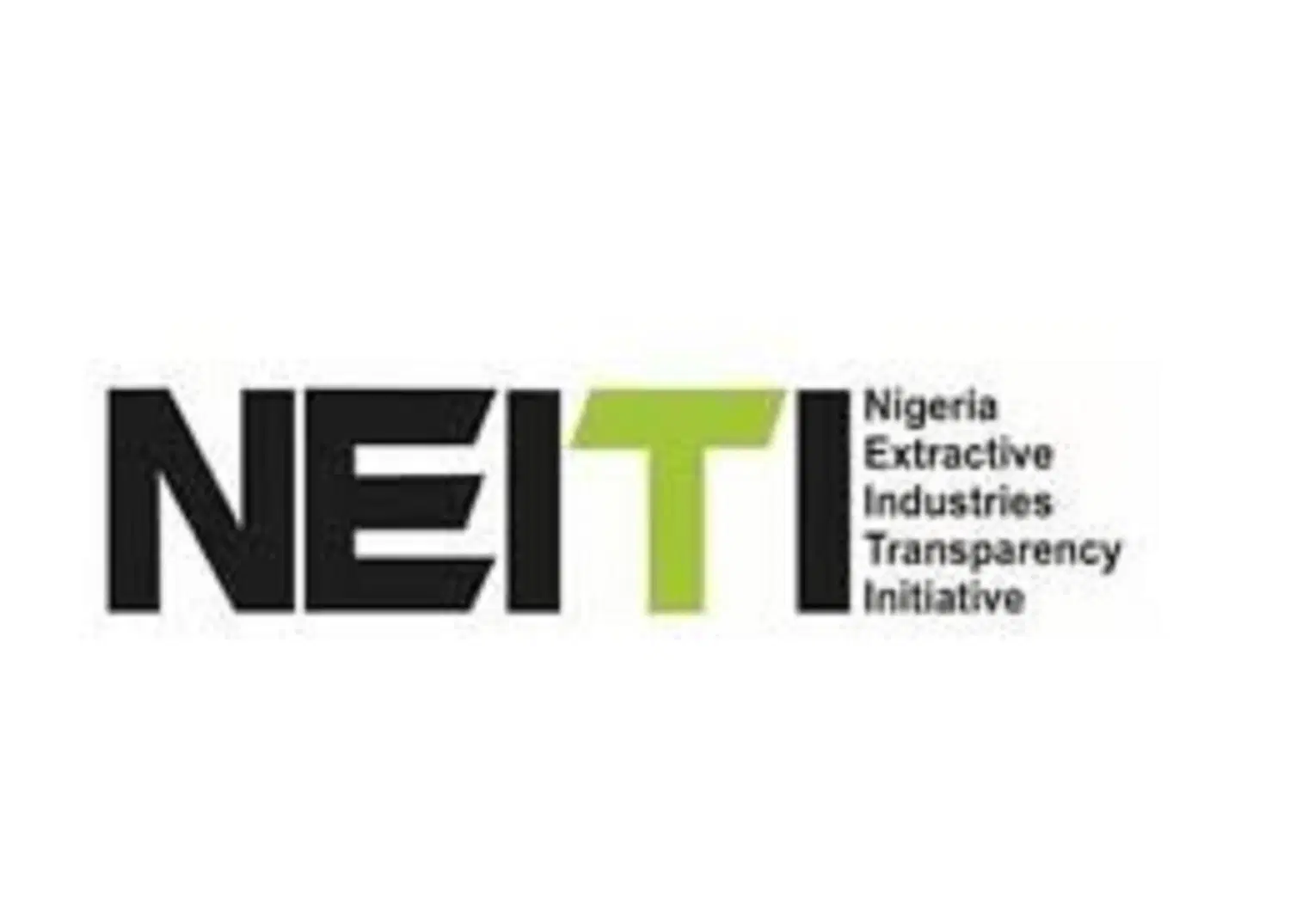The Executive Secretary of the African Refiners and Distributors, Anibor Kragha, has stated that in 2023, all African refiners will be required to adopt a single fuel grade.
According to The Times, he made this statement at the World Petroleum Congress which was recently held in Calgary, Canada.
He claimed that ARDA is seeking to adopt an Afri 6 or 10 petrol per million parts of air specification for fuel across Africa, which is a standardised pan-African clean petrol specification.
“In Africa, we have 12 distinct classes of petrol, ranging from 10 ppm to 2,500 ppm, and 11 different grades of diesel or petrol oil engines, ranging from 10 ppm to 10,000 ppm. So that initiative is to have a single 10ppm grade by 2030 across Africa.”
Kragha claimed that the African Refiners and Distributors Association’s primary goal is to drive investments along the broad downstream value chain.
The emphasis is squarely on enhancing Africa’s energy security by optimising the use of African crude oil within African refineries and allowing the delivery of cleaner fuels throughout the continent via an integrated storage and distribution system.
Kragha emphasized that ARDA remains committed to encouraging and facilitating further investments in refining capacity across the African landscape in response to the dilemma of Africa’s inadequate refining capacity, which strains its foreign exchange due to significant imports of petroleum products.
This strategic method aims to lessen the strain on foreign cash by ensuring that the continent’s rising demand for petroleum products is appropriately fulfilled with cleaner fuels.
He emphasized the positive future prospects for the petrochemicals and refining industry in Africa. This upbeat outlook is supported by the confluence of two important factors: the huge increase in energy demand and predicted population growth across the continent over this period.
Since 2020, ARDA has continually lobbied for the establishment of the AFRI 6 petrol specification. By 2025, Kragha added, it was expected that Africa would adopt the standard AFRI 5 requirements (50 ppm sulphur for both petrol and diesel).
Additionally, by 2030, the continent intended to adopt the even cleaner AFRI 6 specification (10 ppm for the same items).
This strategic plan, which is intended to go into effect by the year 2021, was created to limit the importation of fuels into Africa that do not meet these AFRI standards.
Furthermore, it gave existing refineries until 2025 to make the required upgrades to their infrastructure in order to bring them into compliance with the cleaner criteria.
The Warri, Port Harcourt, and Kaduna refineries would all be operational between 2023 and 2024, according to the Federal Government of Nigeria, following the quick-fix rehabilitation work being done at the aforementioned refineries.
Additionally, the Dangote refinery is anticipated to begin processing diesel and aviation fuel this month of October 2023 and petrol by November 2023.











